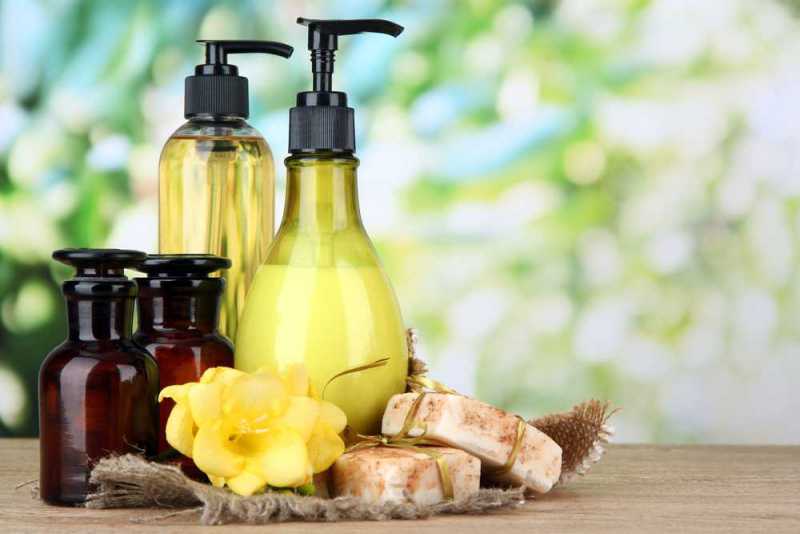Which is better, natural cosmetics or plant-based ones?
With various labels like "natural," "vegan," or "organic," you might feel confused when comparing skincare and cosmetic products and unaware of the impact of these differences. Natural Products: We\'re all seeking safer beauty solutions for our skin, ones free from long-term harmful chemicals and toxins. So, it\'s no surprise that the "natural makeup" classification in the beauty and skincare industry is globally one of the fastest-growing. However, the classification of "natural products" can be extremely vague because the natural ingredients used in product manufacturing may actually be in very small proportions, sometimes not exceeding 1% of the product\'s nature, according to Vogue magazine. The rest of the product may consist of synthetic oils, fragrances, and chemicals because, by law, the label "natural" can be used even for the lead element added to some toxic cosmetic products, for example. Therefore, the best way to know the composition of the product is to check the ingredient list. In any natural product, plant-based ingredients should be at the top, with any synthetic ingredients close to the bottom. Most products typically require a certain level of preservatives, often synthetic, while natural products have a very short shelf life of 100%. Moreover, the Cosmos Natural logo by the Soil Association, which features an Earth symbol with a frame around it containing the logo\'s name, ensures that the products do not contain genetically modified ingredients, controversial chemicals, parabens, phthalates, artificial colors, dyes, or fragrances. These are harmful to the skin and health. Products labeled as organic require only minimal proportions of organic ingredients to be deemed organic, making it another often misleading label. Therefore, the clearest way to understand the organic certification of a product is always to check the label and look for the Soil Association Organic logo mentioned earlier. This signifies that the products are sourced and manufactured using sustainable, organically grown ingredients, not tested on animals, and free from harsh chemicals, nanoparticles, parabens, dyes, and synthetic fragrances. There are some steps that may help you distinguish organic products from others, as follows, according to the L Makeup Institute website: Look for the organic seal, which means the product contains at least 95% of natural organic ingredients. Look for the globally certified "NSF" organic seal, which means the product contains at least 75% organic ingredients. Study the ingredients of cosmetics to avoid toxic elements such as parabens, alcohol, formaldehyde, sulfates, phthalates, synthetic colors, triclosan, toluene, polyethylene, oxybenzone, and petroleum. As a final step, you can communicate with the cosmetics company via email for verification. The term "vegan makeup" refers to cosmetics that do not contain any animal ingredients or animal-derived products. Often, vegan makeup (Vegan) and cruelty-free makeup (Cruelty Free) are confused despite the differences in the terms. A cosmetic product can be vegan but still be tested on animals. Likewise, a product can be cruelty-free without necessarily being vegan. Therefore, "vegan" here refers to the ingredient list, while the term "cruelty-free" refers to the production process.

